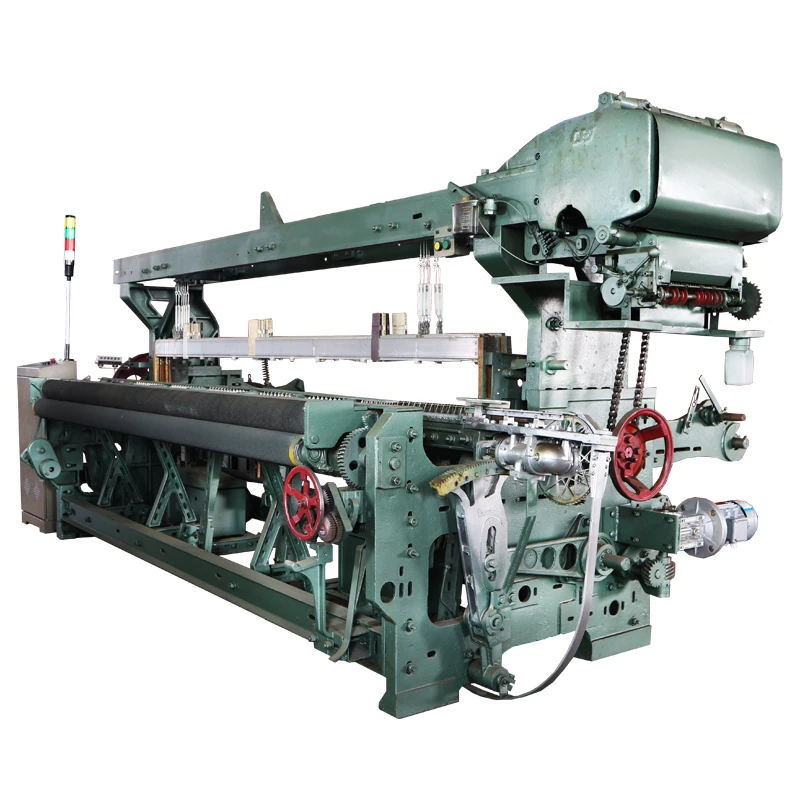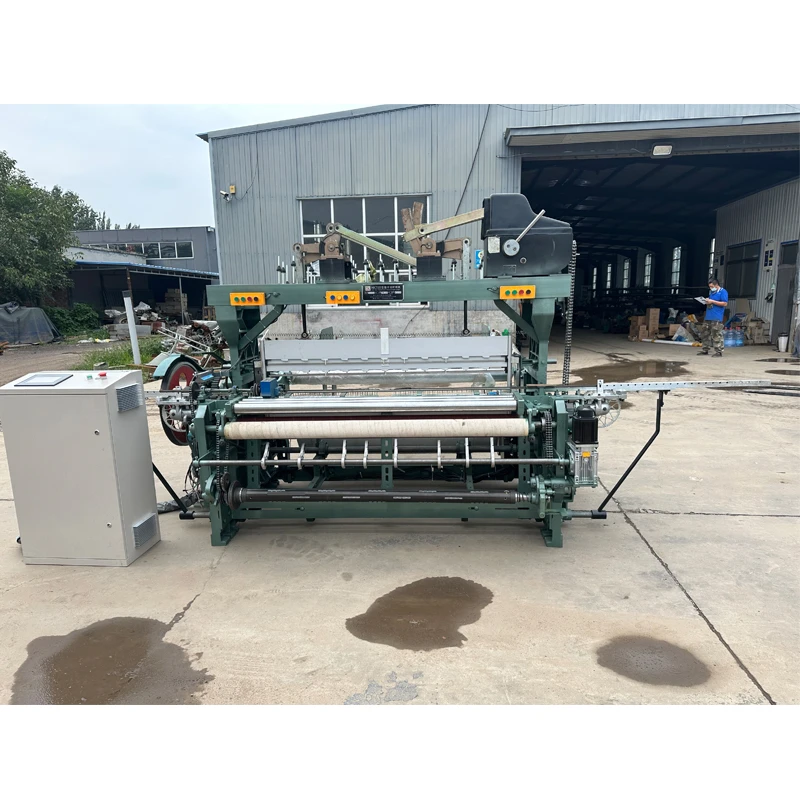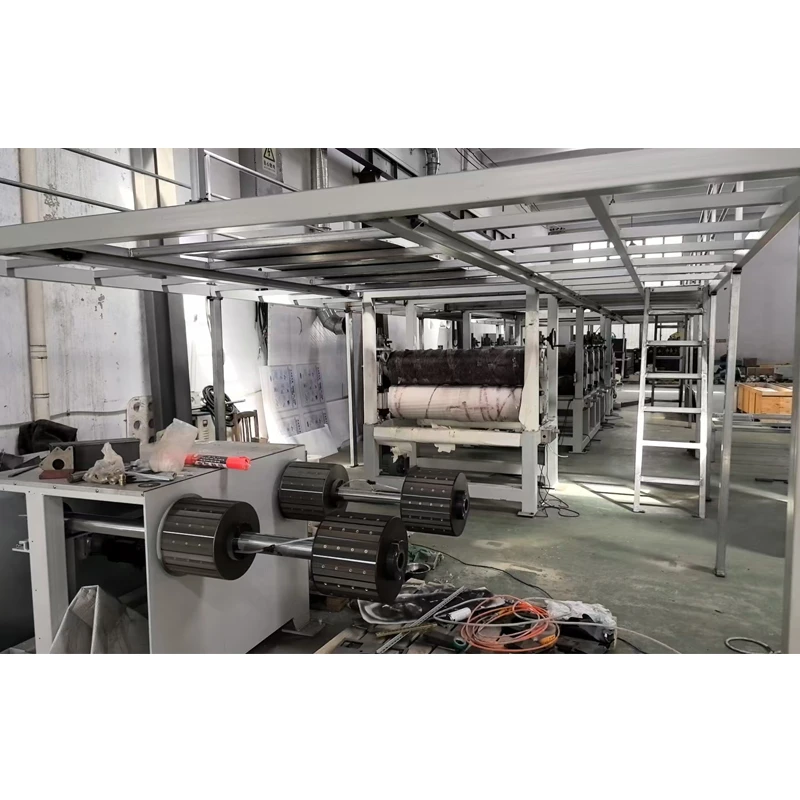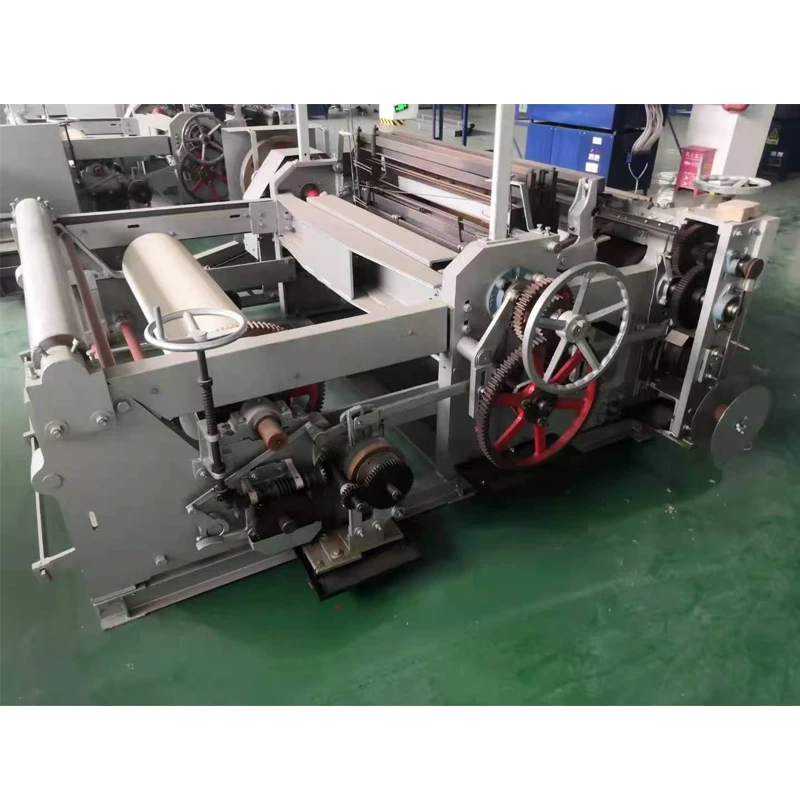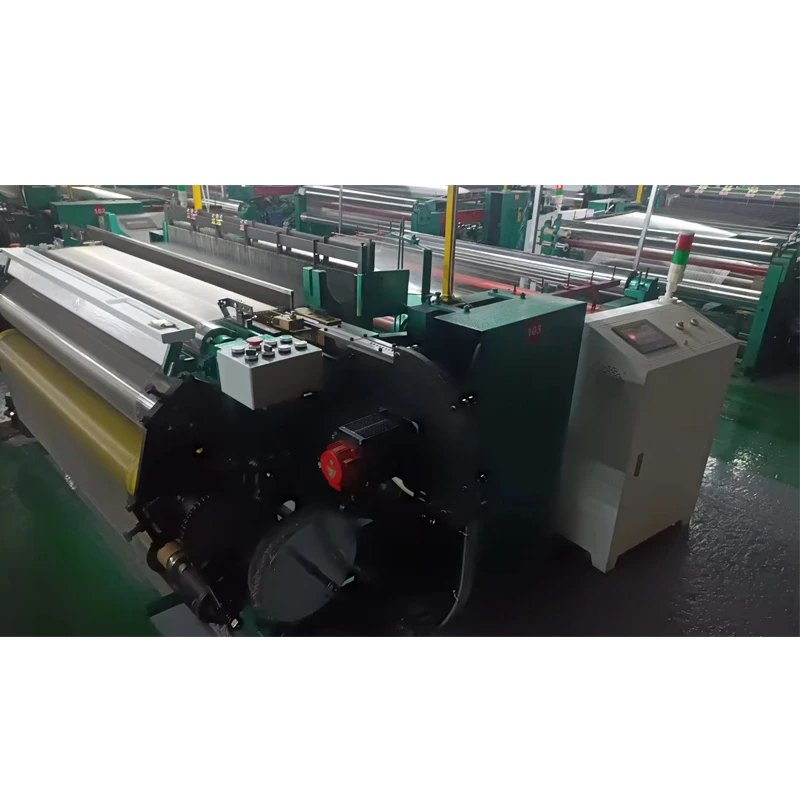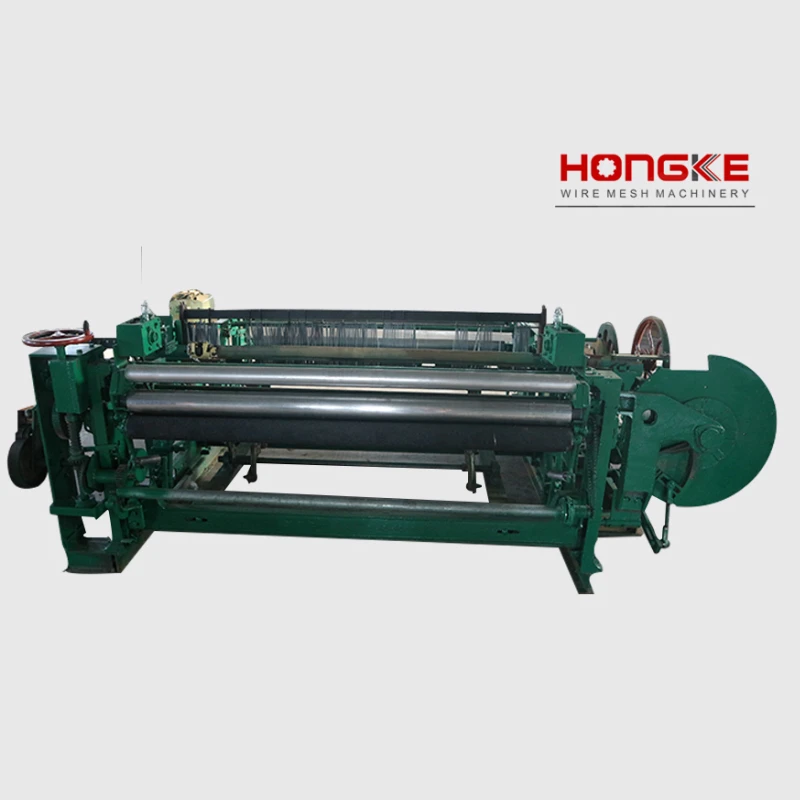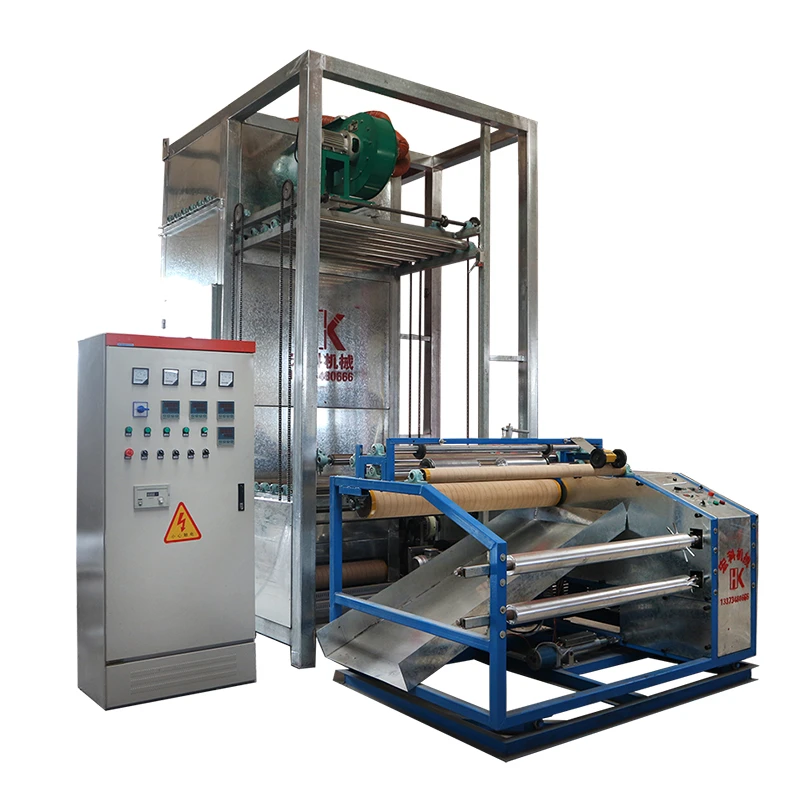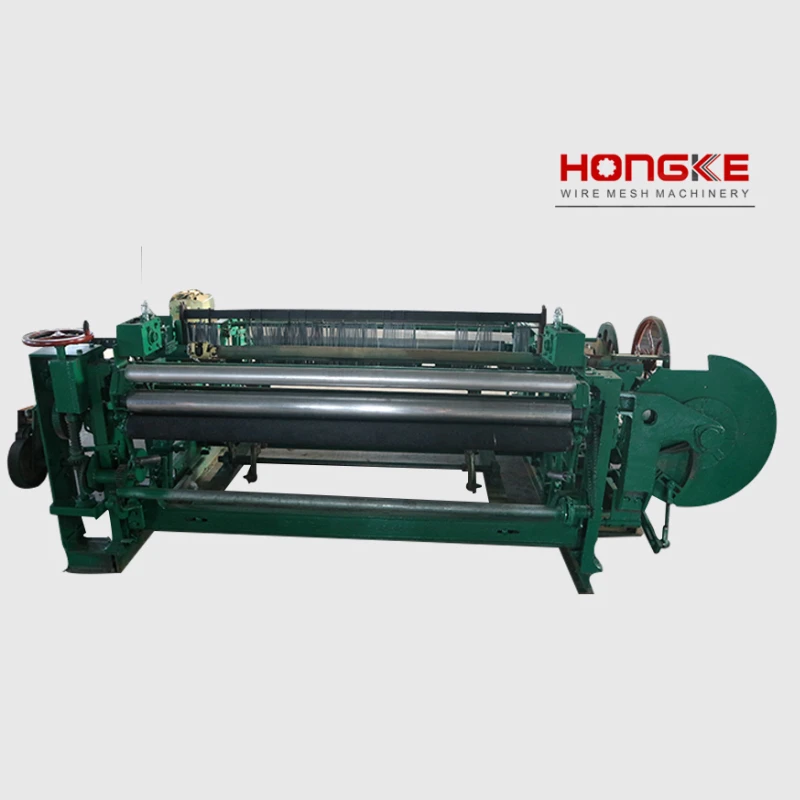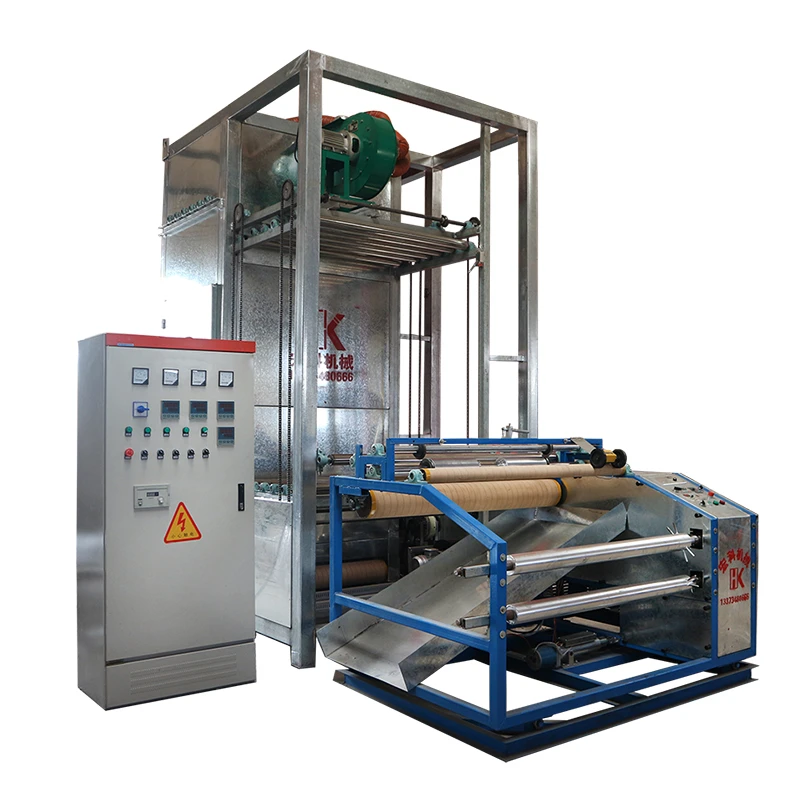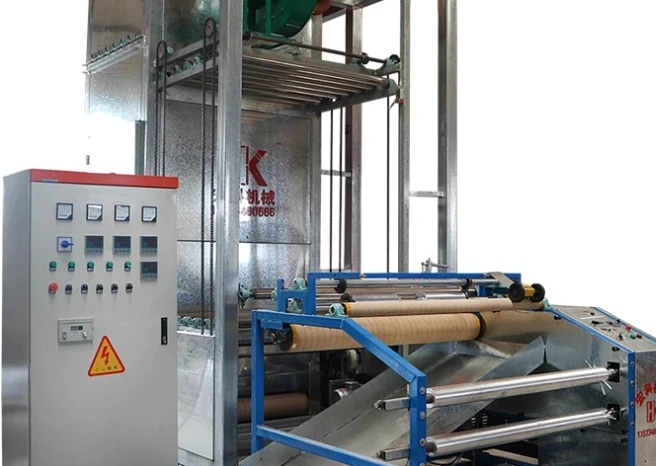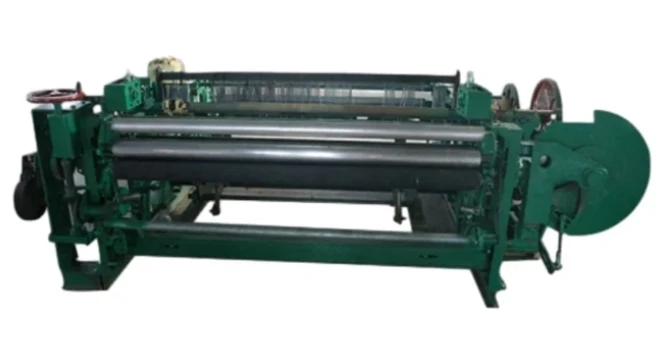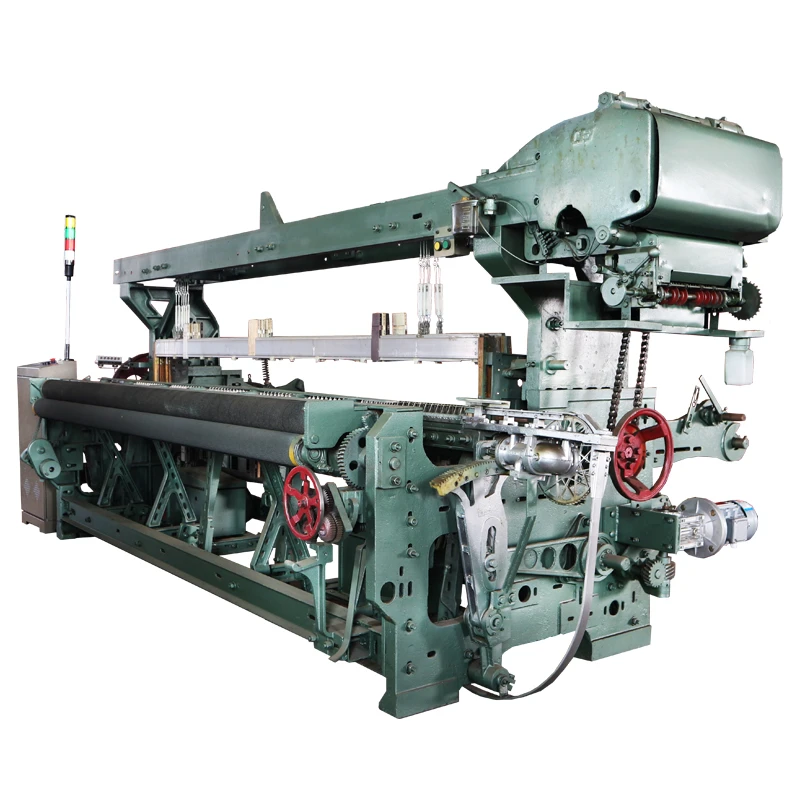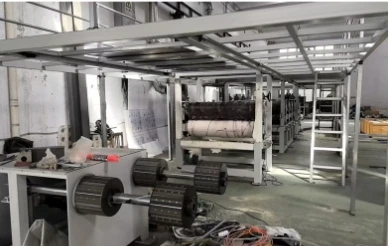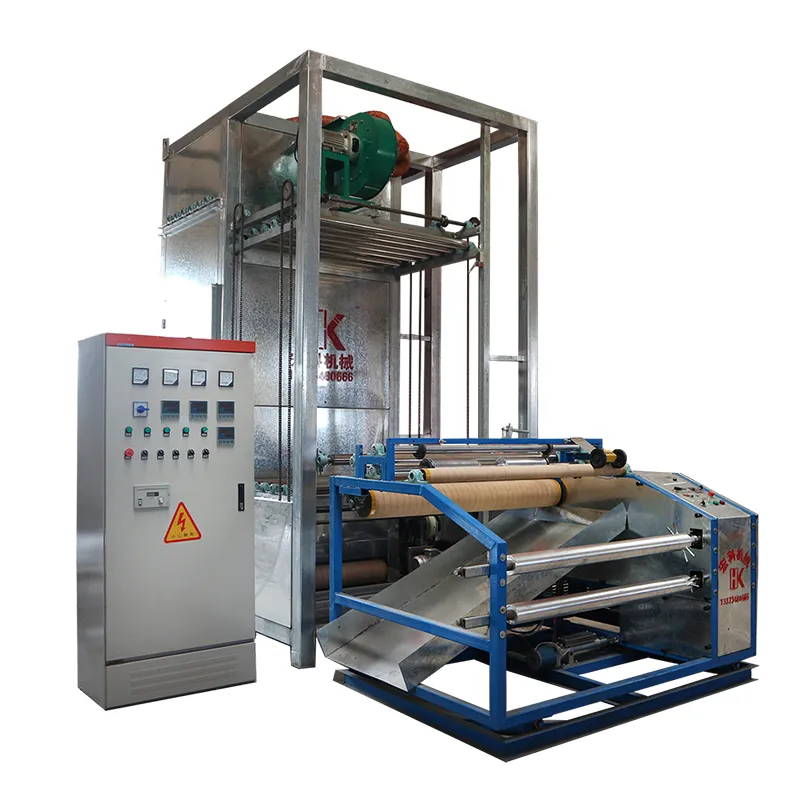
Unveiling the Future of Material Engineering: The fiberglass mesh machine
In today's rapidly evolving industrial landscape, the demand for advanced composite materials is soaring, driven by sectors like construction, infrastructure, and advanced manufacturing. Fiberglass mesh, renowned for its exceptional strength-to-weight ratio, alkali resistance, and dimensional stability, stands as a critical component in numerous applications, from reinforcing building facades to improving insulation systems. At the heart of this material's production lies the sophisticated fiberglass mesh machine, a pivotal piece of equipment that automates and refines the complex process of weaving high-performance fiberglass yarns into precise mesh structures. Understanding the capabilities and technological advancements of these machines is crucial for manufacturers aiming for efficiency, quality, and competitive edge in a global market increasingly focused on durable and sustainable building solutions. This comprehensive overview delves into the intricate details of these machines, exploring their operational mechanics, industry impact, and the value they bring to modern production lines.
The industry trend is unmistakably towards higher automation, greater precision, and enhanced energy efficiency in fiberglass mesh production. Modern fiberglass mesh weaving machine technology integrates advanced PLC (Programmable Logic Controller) control systems, precision servo motors, and real-time monitoring capabilities to minimize human intervention, reduce errors, and optimize material utilization. Furthermore, the emphasis on producing mesh with consistent aperture sizes and uniform coating is paramount, directly impacting the performance of the end product in demanding environments. Manufacturers are also increasingly seeking machines that can handle a wider range of yarn types and coating materials, offering versatility and adaptability to diverse market requirements. This progression ensures that the output from a reliable fiberglass mesh production line meets the stringent quality standards demanded by contemporary construction and industrial applications worldwide.
Precision Engineering: The Fiberglass Mesh Manufacturing Process
The production of high-quality fiberglass mesh is a multi-stage process, meticulously controlled by the fiberglass mesh machine. It begins with the preparation of fiberglass yarn, often involving a yarn warping machine to precisely arrange thousands of individual filaments onto a loom beam, ensuring uniform tension and alignment—a critical step for consistent mesh quality. Following warping, the yarn is fed into the weaving section, where advanced rapier or air-jet weaving technologies intertwine the warp and weft yarns, forming the desired mesh structure. This process is optimized for minimal yarn breakage and high weaving speeds, crucial for maximizing productivity. The choice of weaving technology significantly impacts the mesh's mechanical properties, with rapier looms often preferred for their versatility and ability to handle various yarn counts, delivering superior tensile strength and stability.

Fig 1: Conceptual diagram of fiberglass mesh production flow, highlighting key stages within the machine.
After weaving, the raw mesh undergoes a crucial post-treatment phase, often facilitated by a fiberglass wrapping machine or a specialized coating line. This involves impregnating the mesh with an alkali-resistant polymer emulsion, typically an acrylic copolymer. This coating not only protects the fiberglass from alkaline environments (common in cement and concrete) but also enhances its mechanical properties, improving tensile strength, impact resistance, and overall durability. The coated mesh is then passed through a drying and thermal curing oven, where precise temperature control ensures the polymer cross-links effectively, permanently bonding to the fiberglass filaments. This entire sequence, from yarn preparation to final curing, is seamlessly integrated and precisely controlled by the sophisticated mechanisms of a modern fiberglass mesh machine, ensuring consistent product quality and adherence to international standards like ISO and ANSI for dimensions and material properties.
Beyond the mesh production, the manufacturing of the fiberglass mesh machine itself adheres to rigorous engineering standards. Core components, such as the machine frame, weaving mechanisms, and transmission parts, are typically fabricated from high-grade structural steel, often undergoing precision casting or forging processes to ensure material integrity and strength. Critical moving parts and intricate mechanisms are subjected to multi-axis CNC (Computer Numerical Control) machining, achieving micron-level tolerances that are essential for the machine's long-term operational stability and the precision of the mesh produced. Every assembled unit undergoes stringent quality control, including dimensional accuracy checks, material strength tests, and comprehensive operational trials. This meticulous manufacturing approach, coupled with a robust design, contributes significantly to the machine's extended service life, which often exceeds 15-20 years with proper maintenance, reducing the total cost of ownership for operators in demanding industries like petrochemicals, metallurgy, and water treatment where mesh is used for filtration or reinforcement.
Technical Specifications and Performance Metrics
Selecting the right fiberglass mesh machine requires a thorough understanding of its technical specifications and how they align with production goals. Key parameters such as weaving width, mesh aperture range, and operational speed directly influence output capacity and product versatility. Advanced machines often feature modular designs, allowing for easier maintenance and future upgrades. Power efficiency is another crucial consideration, with modern servo-driven systems offering significant energy savings compared to older mechanical drives. The integration of intuitive human-machine interfaces (HMIs) and remote diagnostics capabilities further enhances operational efficiency and minimizes downtime.
The performance of a fiberglass mesh machine is not solely defined by its raw speed but by its overall efficiency and product quality. For instance, a machine capable of maintaining consistent tension throughout the yarn warping machine process and precise pick density during weaving ensures uniform mesh properties across the entire roll. This consistency is vital for applications requiring high structural integrity, such as Exterior Insulation and Finish Systems (EIFS) where variations can lead to cracking or delamination. Furthermore, an efficient drying and curing system within the fiberglass mesh production line is paramount to achieve optimal alkali resistance and tensile strength, guaranteeing the mesh's longevity in harsh construction environments.
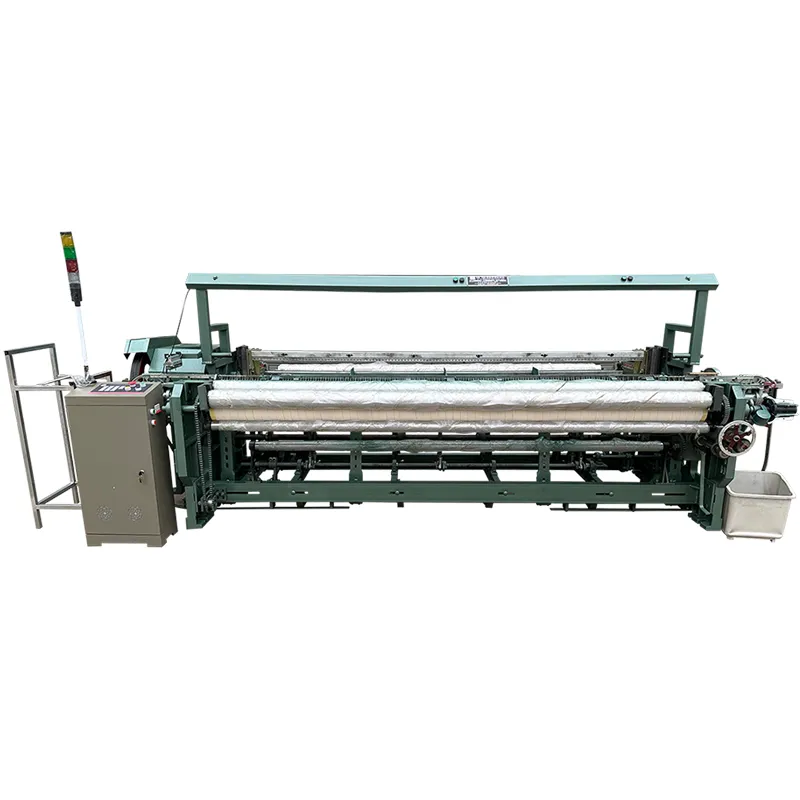
Fig 2: A modern fiberglass mesh machine operating efficiently to produce high-quality mesh.
Diverse Applications and Key Advantages
The versatility of the fiberglass mesh machine allows it to serve a wide array of industries, significantly contributing to the integrity and longevity of various structures and systems. In the construction sector, fiberglass mesh is indispensable for reinforcing walls, preventing plaster cracks, and serving as a key component in EIFS due to its anti-cracking and alkali-resistant properties. Its application extends to waterproofing membranes, providing strength and flexibility to resist water penetration in basements, roofs, and wet areas. Beyond construction, specialized meshes produced by a sophisticated fiberglass mesh weaving machine are utilized in filtration systems for air and liquids, in the reinforcement of grinding wheels, and even in specific civil engineering projects for soil stabilization and road reinforcement.
The technical advantages offered by high-quality fiberglass mesh, and by extension, the machines that produce it, are substantial. Firstly, energy efficiency is a major benefit, particularly in EIFS applications where the mesh contributes to improved thermal insulation, reducing heating and cooling costs for buildings. Secondly, superior corrosion resistance, primarily due to the alkali-resistant coating, ensures the mesh maintains its structural integrity even in harsh, alkaline environments like those found in concrete and stucco. This significantly extends the service life of structures, reducing maintenance costs and ensuring long-term safety. Lastly, the inherent non-combustibility and stability of fiberglass material make it a safe and reliable choice for various demanding applications. The precise control offered by a modern fiberglass mesh machine ensures these advantages are consistently delivered in every roll of mesh produced.
Manufacturer Comparison and Tailored Solutions
When evaluating suppliers for a fiberglass mesh machine, potential buyers face a critical decision. While many manufacturers offer similar-looking equipment, key differentiators lie in the precision of the weaving mechanism, the reliability of the coating system, the level of automation, and the robustness of after-sales support. Leading manufacturers distinguish themselves through patented technologies, adherence to international quality certifications (like ISO 9001 and CE), and a track record of delivering consistent performance and durability. Below is a comparative overview of factors to consider when assessing different manufacturer offerings in the market, illustrating the spectrum of features available for a complete fiberglass mesh production line.
Beyond standard configurations, top-tier suppliers like APHKMachinery offer bespoke solutions tailored to unique operational demands. Whether it's integrating a specialized yarn warping machine for specific fiber types or designing a complete fiberglass mesh production line with custom automation levels, the ability to provide customized configurations is a significant advantage. This can include variations in mesh densities, weaving patterns, coating formulas, and even comprehensive factory layout planning to optimize material flow and maximize production efficiency. Partnering with a manufacturer capable of delivering such specialized solutions ensures that the investment in a fiberglass mesh machine perfectly aligns with long-term business objectives and specific product innovation goals.
Success Stories and Client Partnerships
The true testament to a fiberglass mesh machine's performance and a manufacturer's reliability lies in its real-world application and the feedback from satisfied clients. For instance, a major European construction material producer recently upgraded their aging fleet with APHKMachinery's latest generation fiberglass mesh weaving machine, reporting a 25% increase in production efficiency and a noticeable improvement in mesh uniformity, directly leading to reduced waste and higher customer satisfaction for their EIFS products. Another case involved a Middle Eastern infrastructure firm requiring customized fiberglass mesh for unique pipe reinforcement projects; our integrated fiberglass wrapping machine solutions provided the precise tensile strength and flexibility needed, delivered within a tight project timeline.
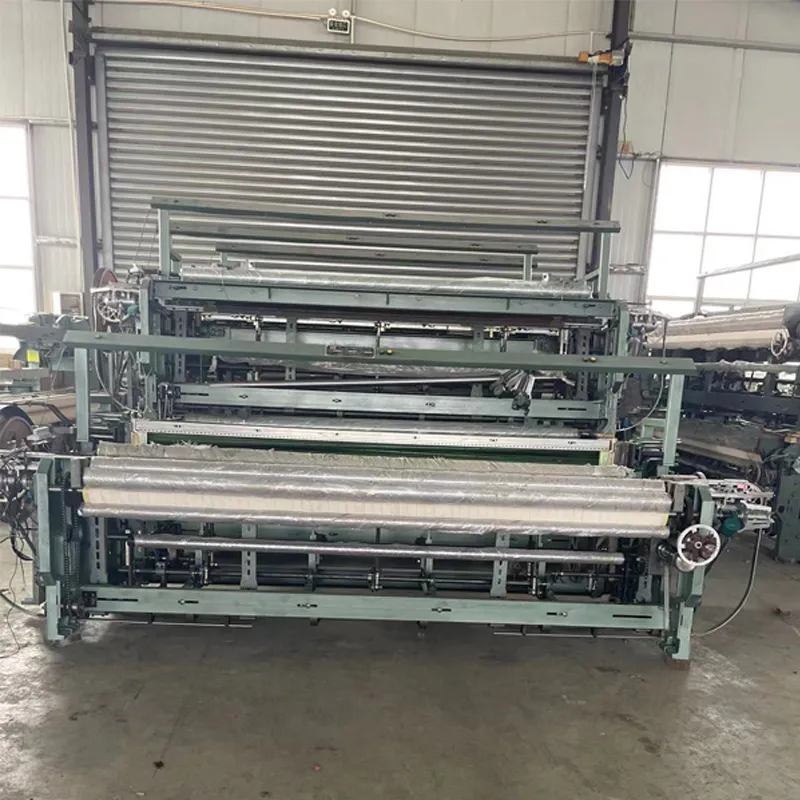
Fig 3: A fiberglass mesh machine in a client's facility, demonstrating robust production capabilities.
These successful deployments underscore our commitment to not just manufacturing superior equipment but also providing comprehensive support throughout the project lifecycle. From initial consultation and factory layout design to installation, operator training, and ongoing technical assistance, our aim is to forge long-term partnerships that drive our clients' success. Our machines, forming the backbone of their fiberglass mesh production line, have consistently demonstrated reliability and high performance, even under continuous, heavy-duty operation in diverse climatic conditions, solidifying our reputation as a trusted global partner in fiberglass mesh manufacturing technology.
Commitment to Quality and Trust ( Compliance)
Our dedication to the highest standards of Expertise, Experience, Authoritativeness, and Trustworthiness () is ingrained in every aspect of our operations, particularly in the development and deployment of our fiberglass mesh machine. We adhere strictly to international quality management systems, evidenced by our ISO 9001 certification, ensuring consistent product quality from design to delivery. Our machines also bear CE certification, affirming compliance with European health, safety, and environmental protection standards. With over two decades of experience in the industry, our engineering team possesses unparalleled expertise in composite material machinery, continually innovating to meet evolving market demands and regulatory requirements.
Frequently Asked Questions (FAQ)
-
Q: What is the typical delivery period for a fiberglass mesh machine?
A: Our standard delivery period typically ranges from 45 to 75 business days, depending on the machine's configuration and current production schedule. Custom orders may require additional time, which will be communicated clearly during the quotation phase. -
Q: What kind of warranty and after-sales support do you provide?
A: We offer a comprehensive 12-month warranty on all mechanical and electrical components of our fiberglass mesh machines. Our after-sales support includes remote technical assistance, on-site installation and commissioning services, operator training, and prompt supply of spare parts to ensure continuous operation. -
Q: Can your machines produce mesh for specific applications like filtration or geo-reinforcement?
A: Yes, our advanced fiberglass mesh weaving machine models are highly versatile and can be configured to produce mesh with varying aperture sizes, yarn densities, and coating types suitable for a broad range of applications, including specialized filtration, geo-reinforcement, and even composite material reinforcement.
Our commitment to our clients extends beyond the sale of a machine. We provide extensive technical consultation, assist with factory layout and installation planning, and offer comprehensive training programs for your operating staff. This holistic approach ensures that your investment in a fiberglass mesh production line is optimized for maximum efficiency and profitability, fostering a partnership built on trust and mutual success.
Conclusion: Pioneering Fiberglass Mesh Production
The advancements in fiberglass mesh machine technology are continuously reshaping the landscape of material engineering and construction. By integrating high precision, automation, and adaptability, modern machines not only enhance production efficiency but also significantly elevate the quality and performance of fiberglass mesh. For businesses looking to invest in a robust and future-proof fiberglass mesh production line, understanding the nuanced technical specifications, manufacturing integrity, and comprehensive support systems offered by leading manufacturers is paramount. Choosing a partner that embodies expertise, experience, authoritativeness, and trustworthiness ensures a sustainable competitive advantage in a demanding global market.
References:
- American Concrete Institute (ACI) Standards for Concrete Reinforcement.
- International Organization for Standardization (ISO) 9001:2015 Quality Management Systems.
- Technical specifications for fiber-reinforced polymer (FRP) composites in civil engineering applications.
- Journal of Composite Materials, "Advancements in Weaving Technologies for Technical Textiles."
- European Committee for Standardization (CEN) standards for External Thermal Insulation Composite Systems (ETICS).

Pervious








